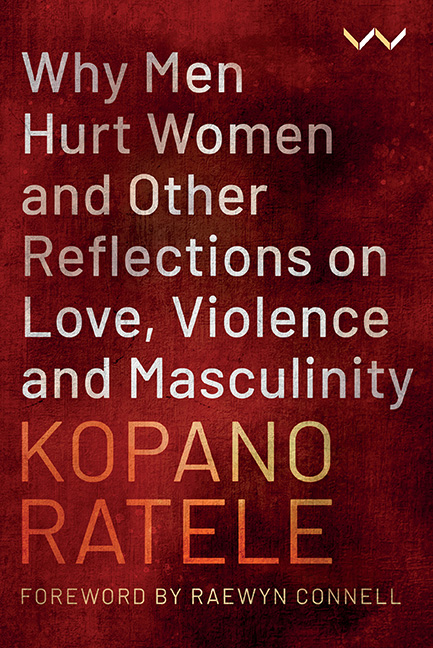31 - ‘I have never hit a woman’ gets you no loving man award
Published online by Cambridge University Press: 24 November 2023
Summary
I thought it was self-evident why declaring that one has never raped a woman is not an achievement. Apparently, I am mistaken. I should therefore explain.
Let us consider not raping or hitting a woman. You may have heard this before: in response to reports of a woman who was abused or murdered, a man says to others or himself, ‘I have never hit a woman’. Yet it may not always be clear to all what this declaration of virtue fully implies.
A man who publicly announces that he has never hit a woman seeks to set himself at a distance from the other man, the violent one. His intention is to underscore his blamelessness for other men’s violence. How can he be held responsible for another man’s bad deeds? And yet he must have an inkling, which he disavows, that he is part of the same group as that man: men.
Declaring that one has never raped, or telling oneself that one is not a rapist, misses the point that all men and women are agents within a gender order. They are members of social groups. Men who terrorise women do so in order that the majority of men do not have to hit women and, paradoxically, so that other men can perform their roles as protectors of women. Of course, they may be naïve about their role in reinforcing the fear of women and the protector role of men. They do not wake up and say they intend to restore men’s domination over women. However, there would be no need for a protector role if men did not socially dominate women in the first place, and hence feel entitled to women’s bodies.
Rape has effects beyond one man raping one woman. When I learn of yet another rape, the appropriate response is not that I do not rape. I have to see broadly, to remember that rape is about men’s power over women, which tacitly or overtly permits different forms of violence against women as a category. I have to remember that it is when non-violent means of controlling women fail that men’s power resorts to direct violence.
- Type
- Chapter
- Information
- Publisher: Wits University PressPrint publication year: 2022



